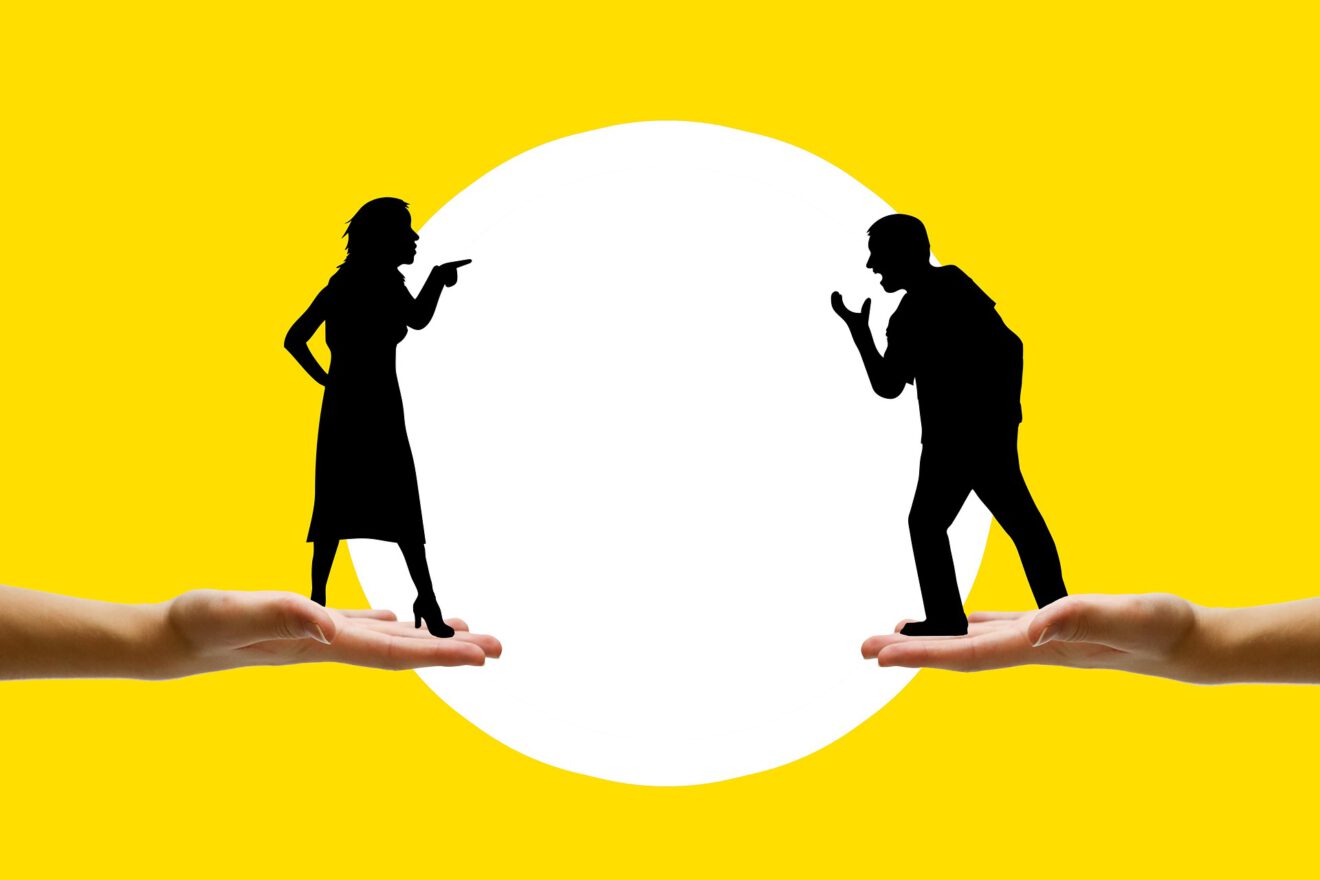We all tend to believe that people who think like us are intelligent, well-informed and view the world through the proper lens. Everyone should see things the way we do.
On the other hand, we know that if everybody thought exactly the way we did, we’d never grow, we’d never change our perspective and we’d spend a lifetime married to someone who is just like us. Who on earth would want that?
“You don’t think like me.” Is that a good thing? Or a bad thing?
I’ve been pondering this a lot lately because I’ve been listening a lot. It’s a requirement of the job at a marketing advisory firm. Whether I’m chatting with dozens of people one on one in in-depth research interviews or engaging with a dozen people at a time in focus groups, I’m continually amazed at how different people can come up with wildly different responses to the same set of prompts. And, how all those opinions not only differ from one another, but usually from mine as well.
As a consultant, I embrace those differences. My role calls for setting aside my own opinions because I’m trying to learn how others think; there’s a broader goal, a bigger picture, and I have no vested interest other than gaining genuine insight. But in my own professional (not to mention personal) life, it’s difficult to truly listen to someone who doesn’t think like I do.
You may be familiar with the epic 1997 Apple commercial, “The Crazy Ones.” Its poetic script bears revisiting:
Here’s to the crazy ones. The misfits. The rebels. The troublemakers. The round pegs in the square holes. The ones who see things differently. They’re not fond of rules. And they have no respect for the status quo. You can quote them, disagree with them, glorify or vilify them. About the only thing you can’t do is ignore them. Because they change things. They push the human race forward. While some may see them as the crazy ones, we see genius. Because the people who are crazy enough to think they can change the world are the ones who do.
The script is brilliant because it captures an insight that we all know in our gut is true. And we all like to conceive of ourselves as “the ones who see things differently”—the protagonists in that drama.
But if we’re honest, we’d admit how often we play the role of antagonist. When it’s our thoughts, our vision, our different way of looking at the world, we can’t understand why everyone doesn’t recognize its brilliance. But when different thinking comes out of someone else’s mouth, we’re not always so receptive.
I see this play out in business regularly. Most of the prospective clients my firm meets with invite us to the table because they want another perspective. Yet when we offer a different way of looking at their situation, sometimes their first reaction is to recoil.
Those in antagonist mode may conclude that we’re ignorant, ill-informed or perhaps a threat, sometimes even suspecting our motives. But the protagonists decide to trust our goodwill and welcome the insights we can provide that might offer them a new way of looking at their problems. Our thinking is not always right, of course, but it is always different. That’s the point.
In each of the conversations we have — in every conversation we all have — there’s a choice to be made: Close your mind or open your heart. Even when it’s scary. And It’s always scary.
Slowly, but surely, I’m coming to the conclusion that “you don’t think like me” can, in fact, always be a good thing — if I determine that it will be. When I invite someone to challenge my perspective, I may learn something new, become more well-rounded, and be better off for having listened. Or if their opinion is ill-informed or off base, I’ll grow more confident in my position, gain strength in my convictions, and be better able to articulate and defend my point of view.
Either way, I win. For that matter, perhaps we all win when listening is our default position.
Engaging with people with whom we don’t see eye to eye isn’t easy, and it doesn’t come naturally. You might even say it requires a different way of thinking.
Each month, When Growth Stalls examines why businesses and brands struggle and how they can overcome their obstacles and resume growth. Steve McKee is the president of McKee Wallwork + Co., a marketing advisory firm that specializes in turning around stalled, stuck and stale companies. The company was recognized by Advertising Age as 2015 and 2018 as Southwest Small Agency of the Year. McKee is also the author of “When Growth Stalls” and “Power Branding.”
SmartBrief offers more than 200 newsletters, including SmartBrief on Leadership and newsletters for small businesses and marketers and advertisers.
